More than your standard outdoor toy, these coconut playsets will spark conversations about culture, tradition, and fair trade.
As a content writer here at Babipur, I spend my days writing countless product descriptions – telling you what the product is, how it’s used, and, most importantly, why it’s brilliant enough to earn a spot on our shelves. So, when these Lanka Kade Coconut Shell Playsets were dropped onto my desk, I got to work as usual, describing what they’re made of, what they’re for, and all the important stuff you guys need to know.
It quickly became clear that these toys were far from your average spoon, spade, or sand sieve – and it wasn’t just down to their unique coconutty appearance either.
These toys have all the brilliant ethics we expect from Lanka Kade – they’re fair trade, hand made from sustainable materials, and plastic-free. But what makes them really special? They’re child-sized versions of traditional Sri Lankan Polkatu Handi, which translates to “Coconut Shell Spoons”. Through researching this product, I suddenly found myself immersed in the world of Sri Lankan culture and tradition, and I’d like to bring you along on that journey too.
Along the way, I chatted with Diane, one of Lanka Kade’s founders and directors, to find out more about why they created these coconut toys, how they’re made, and why Sri Lankan culture runs through everything they do. Plus, we sent the sets home with Emma, Team Babipur, to see if they got the stamp of approval from her little ones. Spoiler alert – they were a hit! Check out her brilliant photos below.
Lanka Kade - The long story short
Lanka Kade founders Upul and Diane met in Sri Lanka back in the ‘90s whilst working with the Red Cross. It’s there that they fell head over heels in love with the country – its vibrant culture, ancient traditions, and friendly people.
But it wasn’t all sunshine and coconuts (although there were a lot of coconuts). In 1994 they met a group of local craftspeople outside a toy factory. These were the skilled hands behind many of the toys being made - painters, woodworkers, and makers - and they were still waiting to be paid for work they’d finished three months earlier. Seeing that injustice first hand lit a spark that couldn’t be ignored.
Determined to make a difference, Diane and Upul set up Lanka Kade – a small import business that allowed them to stay connected to the country they’d fallen so deeply in love with, while also helping to change the industry for the better.
For Lanka Kade, ‘fair trade’ is certainly not just a marketing term; it's the foundation for the business and it runs through everything they do.
Over 30 years later, Lanka Kade continues to bring beautifully made, sustainable toys from Sri Lanka to families around the world, and ensures the talented people who make them are treated with fairness, dignity, and respect.
What is Lanka Kade’s Newest Toy?
We now have three beautiful five-piece Coconut Shell Playsets available on the Babipur website – the Utensils Playset, the Water Playset, and the Sand Playset. The obvious difference is that the Sand and Water Playsets include two bowls (one colander and one regular), whereas the Utensils Set includes a variety of spoons, rakes, and ladles. Each piece is designed with a unique purpose, encouraging different types of child-led learning, discovery, and sensory play.
Inspired by real, traditional Sri Lankan tools known as Polkatu Handi, their authentic, durable design means they can be used not only for play but as functional, scaled-down kitchen utensils too. I decided to look deeper into these coconut spoons, initially researching online and then turning to Diane from Lanka Kade for a more personal insight and first-hand knowledge.
As Diane, one of Lanka Kade’s directors, explains:
“Back in the late 80’s I, Diane, worked with government preschools and day care centres across Sri Lanka encouraging low cost play activities. Coconut shells were a readily available resource donated by parents. I used them all the time for sand play, water play, sorting, counting, sizing activities and clapping, rhythm activities on a daily basis.”

The connection to Sri Lankan culture runs deep. “These utensils in various forms have been used for generations in Sri Lanka, they work well as they are, the only reason to tweak the design was to meet toy safety regulations and add more play value. Coconuts and coconut utensils are used throughout Sri Lanka from the most rural of villages through to the big cities.”
For Diane, and a great majority of Sri Lankan families, these coconut utensils are just a normal and practical part of everyday life. “Whilst living in Sri Lanka I personally always used coconut spoons and forks for cooking and still do! (as do most of our friends and family). The naturally different sizes and shapes of the coconut shells provide a huge variety of utensils – mine are in daily use for cooking including in non-stick pans and all go through the dishwasher too.”
From baking mud pies to stirring imaginary curries, this beautiful set encourages creativity, sensory exploration, and a connection to Sri Lankan tradition. With no fixed rules, children can make up their own games, be completely imaginative, or just experiment with textures like water, mud, and sand.
Inspiring Play
As much as I can rave on about how brilliant these toys are, we all know the most honest review comes from the little ones themselves. That’s why we asked our very own Emma to take the playsets home and let her four-year-old and almost-two-year-old test them out. I asked her some questions to find out how it went.
Where did you take these toys? What was your set up?
It was a lovely day so we took these toys to my garden! My little ones love water play so I filled the metal bowl on our mud kitchen with water and placed the tools beside it, before just letting them loose.
What were your first impressions? Did you like the look and feel of them?
I really loved the natural, rustic look of them. They're really tactile, feel nice to hold and not too heavy for little hands.
What did you notice was your children’s favourite thing to do with these toys? Was there anything they particularly enjoyed?
The colander bowl was a big hit with my 4 year old, he loved watching the water cascade through the holes. My nearly 2 year old was all about the utensils. I gave him some petals that had fallen from our peonies, and he really enjoyed scooping them up with the ladle and spoons, dropping them into water and then fishing them back out again – over and over!
Would you recommend these to parents looking for sustainable outdoor toys?
Yes, I definitely would. They’re great for outdoor, sensory, and messy play. I can’t wait to take them with us next time we go to the beach. The little mesh bags they come in are really handy for hanging the toys up to dry too, as the air can circulate and they won't get mouldy after water play.

Why Lanka Kade Will Always Have a Special Place in Our Hearts
These wonderful Coconut Playsets are just one small part of what makes Lanka Kade so special to us at Babipur.
Lanka Kade holds a very special place in our story. Rewind all the way back to 2007, and you’ll see that they were the first toy brand we ever stocked at Babipur. Since day one, we’ve been so proud to support and be a small part of their incredible work, not just in bringing sustainable, fair trade toys to families across the globe, but in the impact they have in Sri Lanka, where it all began.
Their direct trading partnerships with Sri Lankan artisans means toy makers receive fair, reliable income, and the traditional craft of woodwork, which is such a rich part of Sri Lankan culture, is kept alive and thriving.
As Diane explained to me: “Wood work is a Sri Lankan traditional craft, Lanka Kade have always designed toys to be made using the existing skill set and then slowly, slowly extending the skills or introducing new ones.
It is much the same with the fabrics used for our dolls, we have used the tradition of hand loom weavers but introduced our own pallet of colours to create exciting new vibrant fabrics that in turn are used for our fabulous multi ethnic dolls.”
We couldn’t be prouder to have begun our journey with Lanka Kade way back in the day. Each toy is a unique celebration of Sri Lankan culture, tradition, and craftsmanship, and the new Coconut Playsets are prime examples of this. Shop the coconut collection at Babipur, or browse the full Lanka Kade range here.

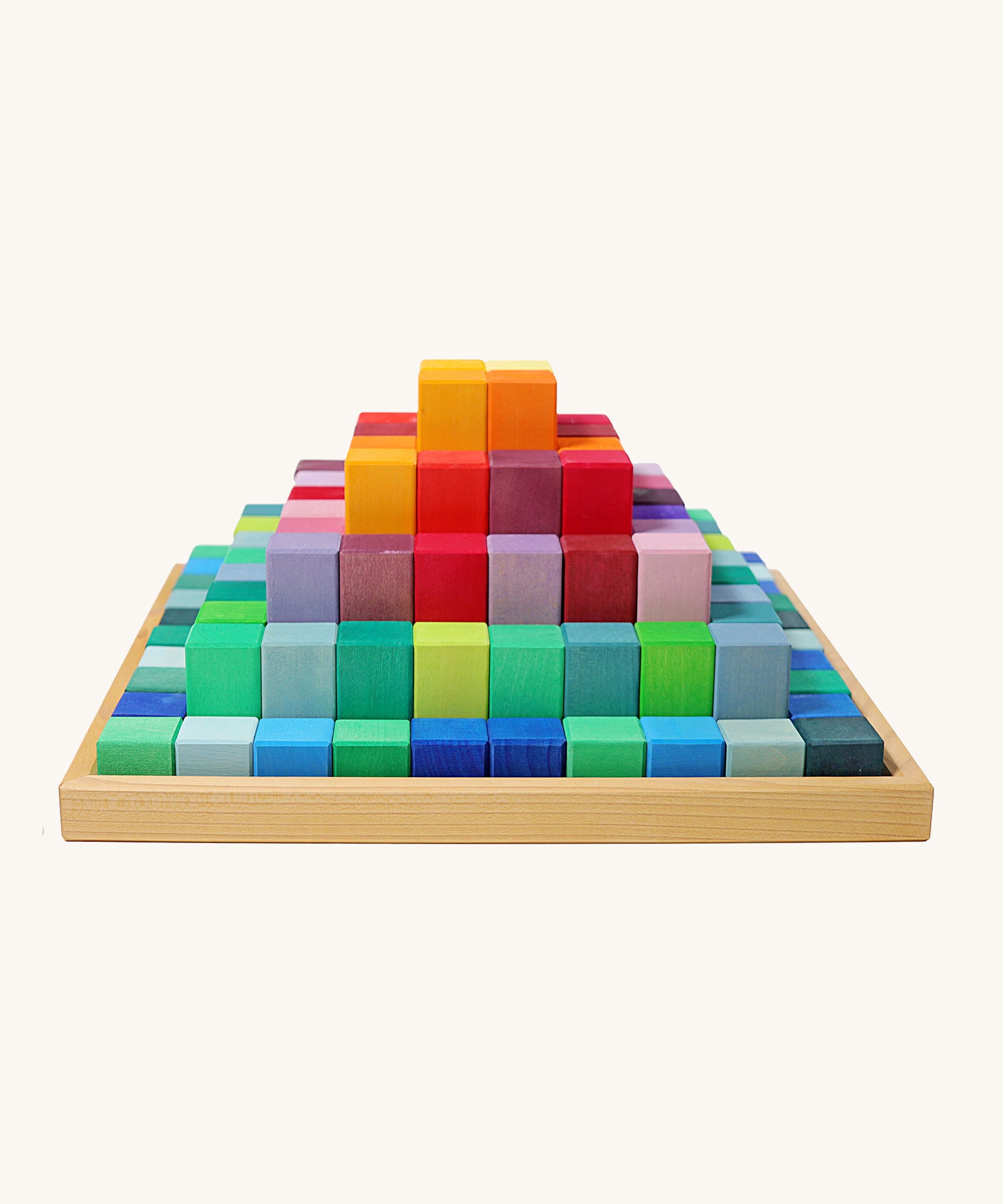
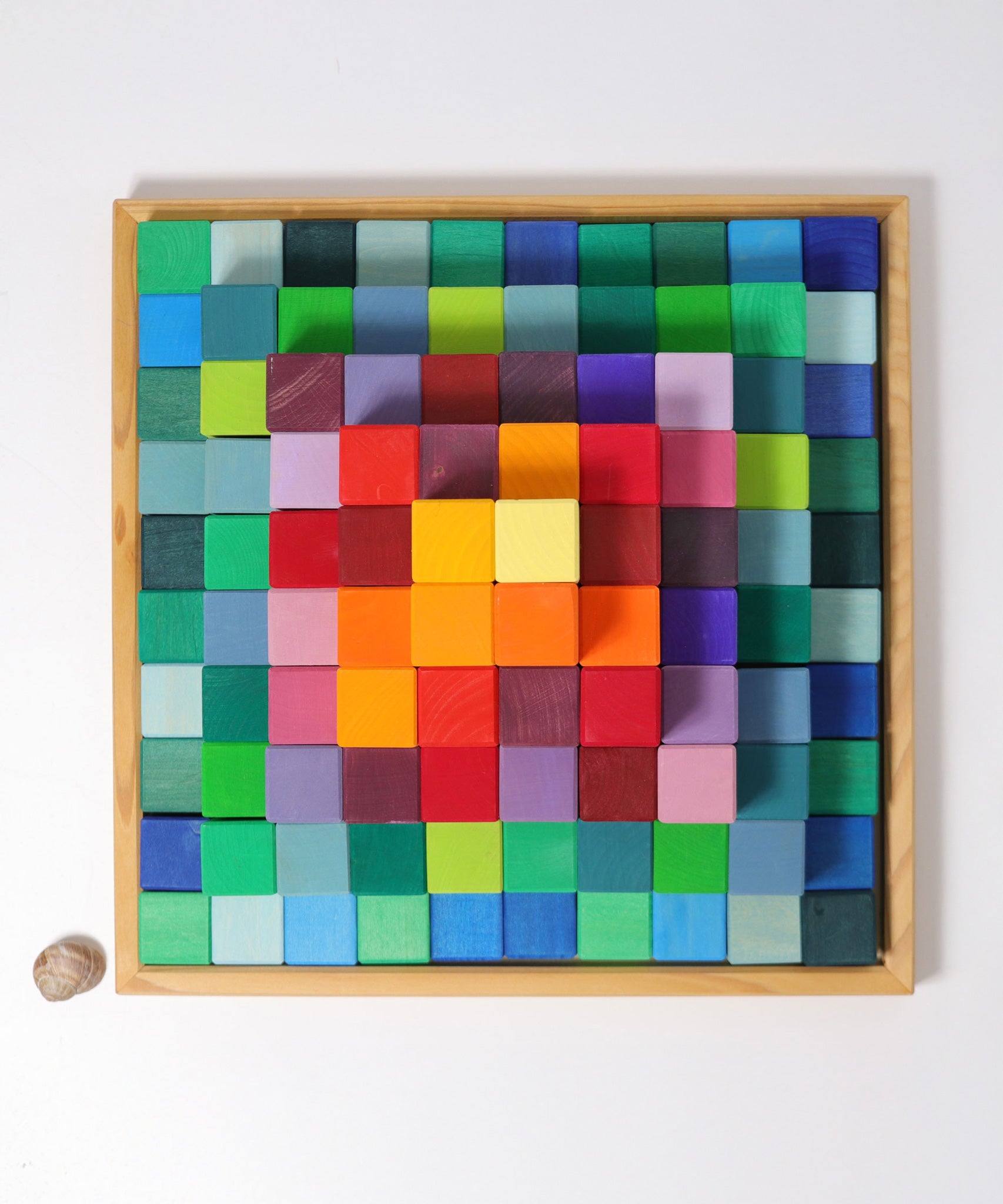


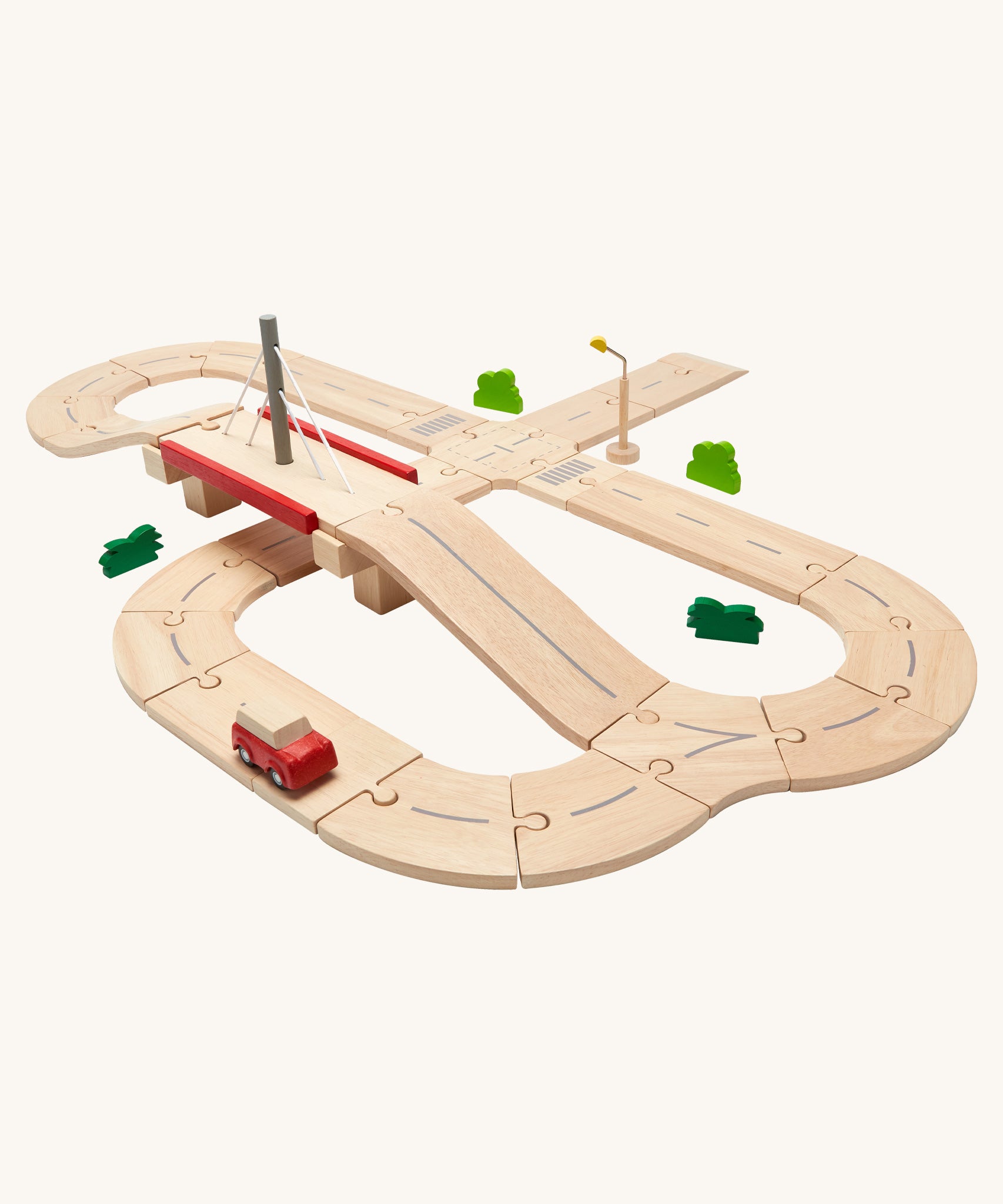
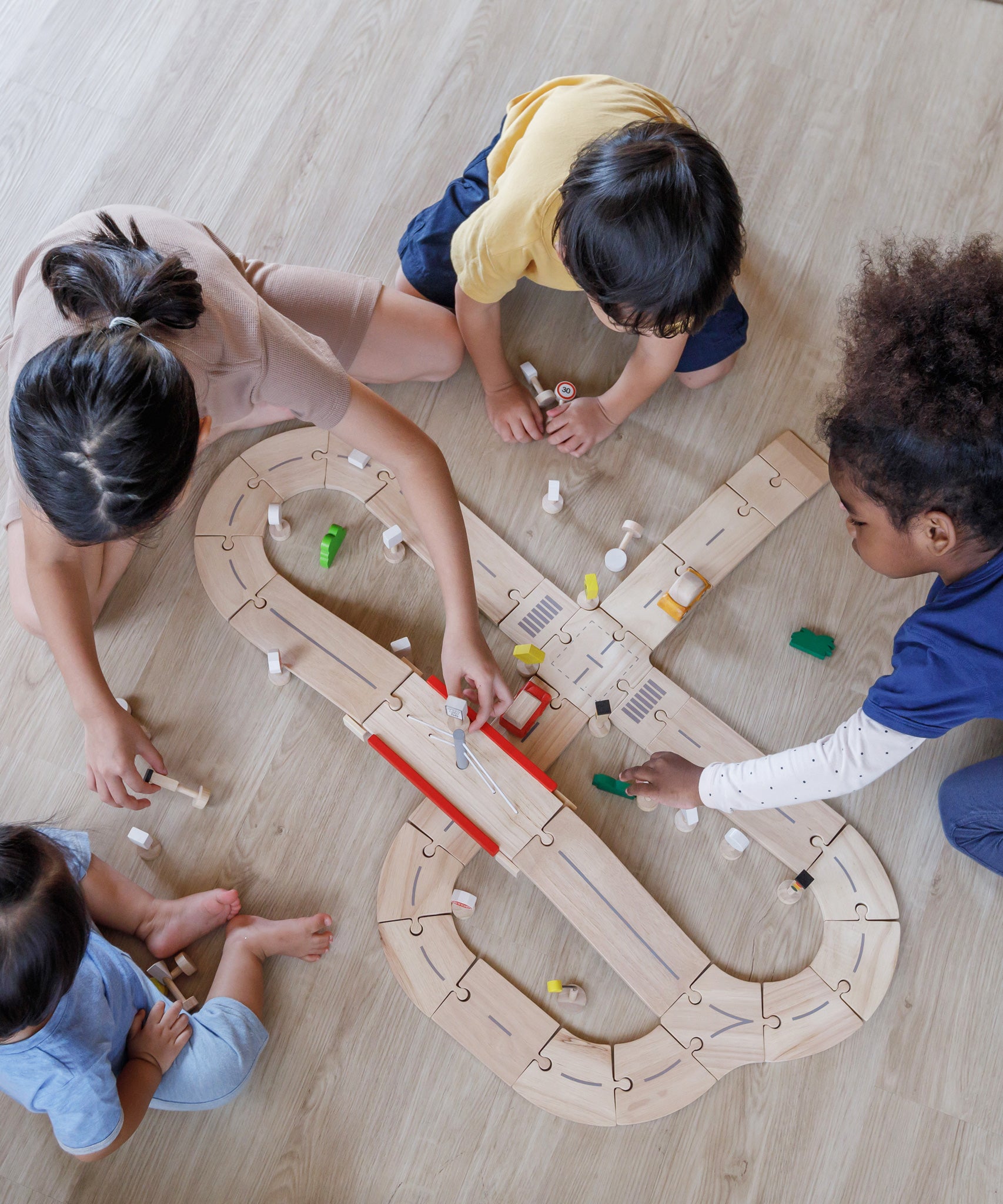
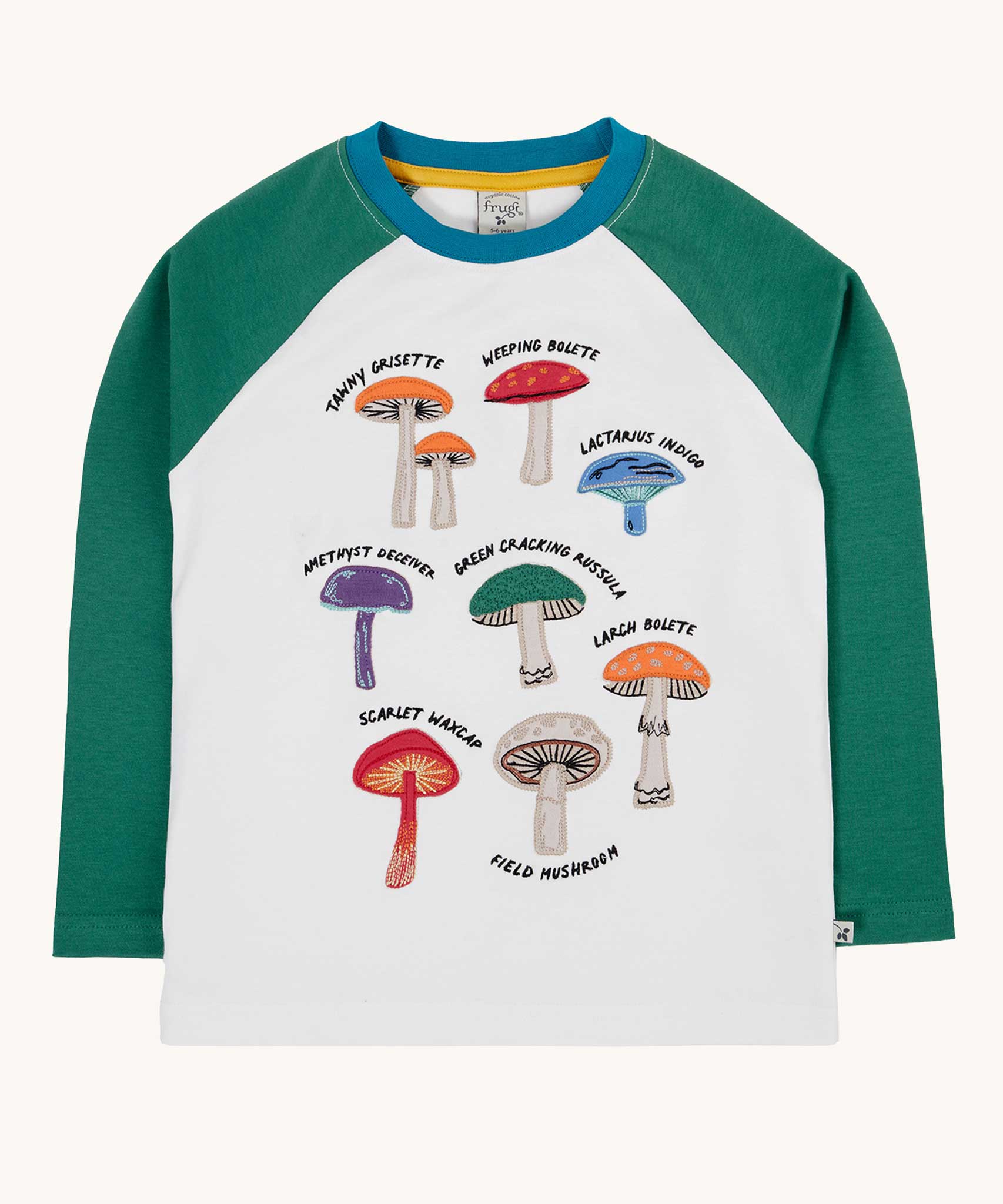
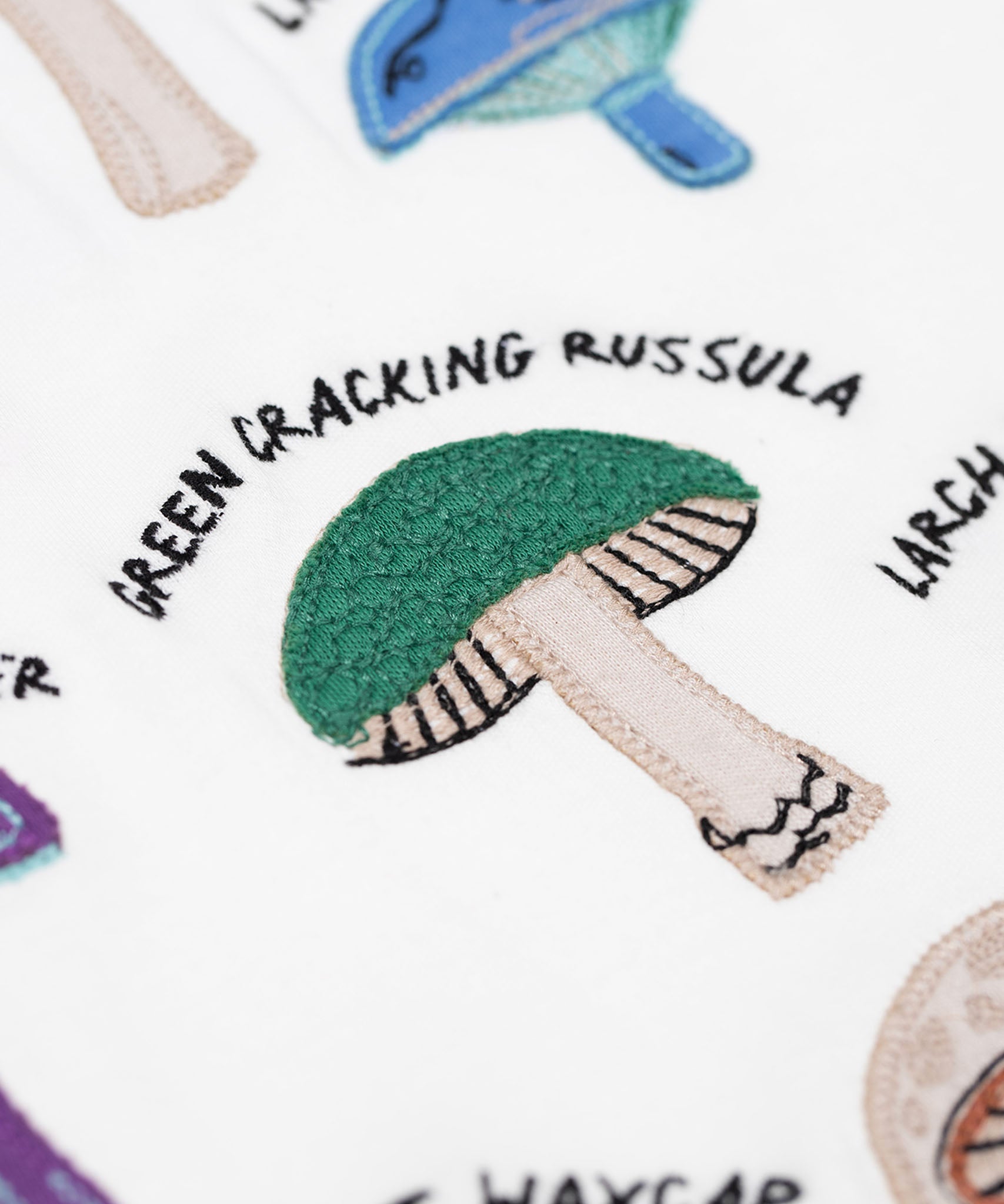
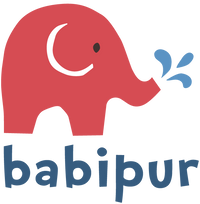



Leave a comment